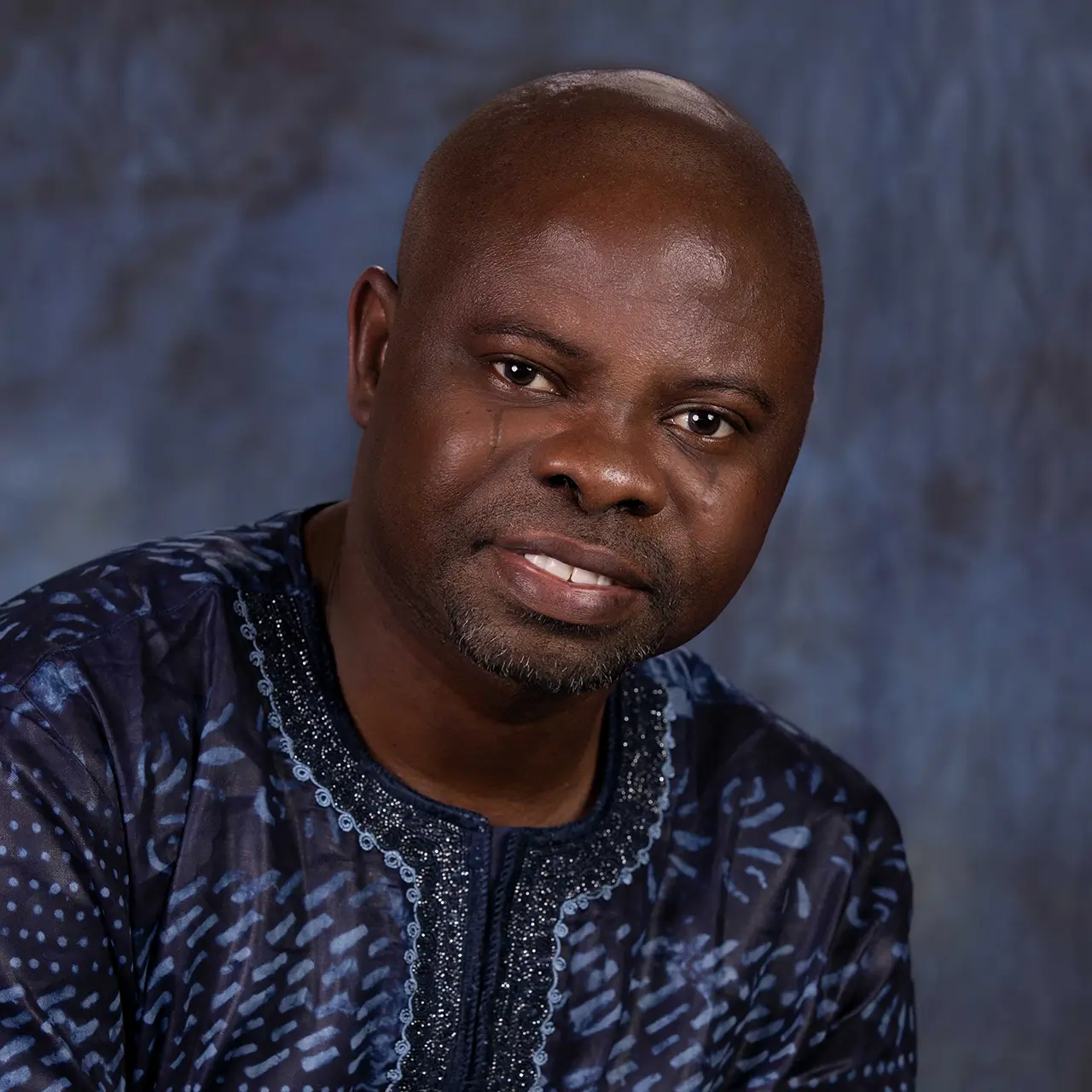U.S. based scholar and winner of the $300,000 2023 Dan David Prize, which is the largest history prize in the world, explicates the significance of a Nigerian singer, Portable.
“After King, Na King!”

BY Saheed Aderinto
November 11, 2023
10:01 pm
Last month, Portable, a Nigerian singer, made an unexpected disclosure, confessing to having a child with Queen Damy, one of the ex-wives of the Alaafin (king) of Oyo who joined his ancestors last year.
At the center of his revelation is the order in which the romance took place. Portable claimed that the affair with Queen Damy began after the demise of the king, not while he was alive. If this is true, many felt that the affair started too quickly. People have been shaming the former queen, calling her a sex-deprived lady who wouldn’t wait for the aged king to die to latch onto a young, energetic, rich thug.

The rumor that Portable had an affair with Alaafin’s wife while he was alive sounds sacrilegious to a public whose understanding of the past is shaped by fictionalized experiences of a commoner like handsome Saro in the “Aníkúlápó” film who poronized the king’s wife, not by fact or what actually transpired in the past.
If Nollywood films are your only source of history, you will think that all young royal wives are nymphos like Arolake, whose superfluous sexual desire couldn’t be matched by an aging king, but by Saro the macho gigolo, who was poronizing all the beautiful women, old and young, in the kingdom.
And that’s what you get when you refuse to read history books or (re)educate and (re) immerse yourself in your culture. Royal infidelity and divorce were not uncommon either before or during colonial contact. There are files and court cases and petitions by royal wives who took their king husbands to court in the archives.
And it didn’t happen because of sexual deprivation, alone. After divorce, royal wives of the past did have a regular and fruitful life. The superfluous sexualization of royal infidelity in films simplifies the complex and thoughtful decisions that royal wives of the past made to determine conjugal affairs.
The second part of the controversy is Portable’s statement – “After king, Na King” – which got some people offended. They thought he was comparing himself or imagining himself as a possible occupier of one of Africa’s most respected thrones. Portable probably said to Queen Damy, “I’m sorry for your loss. But look no farther. I’m here. Your new king is here. After King, Na King.”
Kingship is a state of mind, not just a state of being. It’s a consciousness that no single individual can monopolize. One king doesn’t have to die for another to reign, because kingship is a personal thing. You are the king of yourself. There is a king everywhere, including in the Lagos landfill where scavengers make wealth out of waste. Night soil workers have their own kings.

Do you expect Portable to wait for older artists to validate his self-proclaimed kingship? No, he won’t. A lion cub is a lion. Omi eko, eko ni!
Today, encouragement and motivation seem to be in short supply partly because people are looking for inspiration from the wrong people, things, and situations. Portable, dropped wisdom, declaring, “After King, Na King,” and some youths, who are waiting for the ruling class to relinquish an elusive political power to them before they could claim their own kingship, said he’s saying “nonsense.”
Some researchers working on power dynamics would not consider Portable’s declaration as a theoretical exposition because it comes from a ragtag king of the trenches. If a white male artist or one violent African patriarch made the same statement, he would become an instant intellectual deity. Because kinship is a state of mind, not necessarily a state of being, there is no such thing as a “fake” king.
The only fake kings are the so-called real kings who bowed to the “sit and stand” command of ex-Nigerian President Olusegun Obasanjo a few weeks ago. When we told them that the proliferation of baby kings in Ibadan would only worsen the deplorable condition of traditional institutions, they argued that Ibadan is too big to have one king. Even the most historically rooted kings are being disrespected by violent patriarchs like Obasanjo – much less the new Baby Kings of Ibadan.
If there is any indigenous crown I would like to wear, it’s that of Olubadan. There is dignity in waiting. There is dignity if you die waiting for what is worth waiting for. There is no dignity in being disrespected by Obasanjo because you are a politician’s king who refused to wait for what is worth waiting for. True kingship is not a status attained by the proclamation of another person, but by a self-embodiment.
I dedicate this short piece to Mohbad, a warrior who died while trying to claim his artistic freedom – his kingship. And to all young, hard-working conscientious people who refused to allow violence and exploitation to be dressed as benevolence and are working, day and night, to assert their kingship, their destiny – against all odds. “After King, Na King!”
Yours Sincerely in History,
Ìṣọ̀lá Alákọlà

